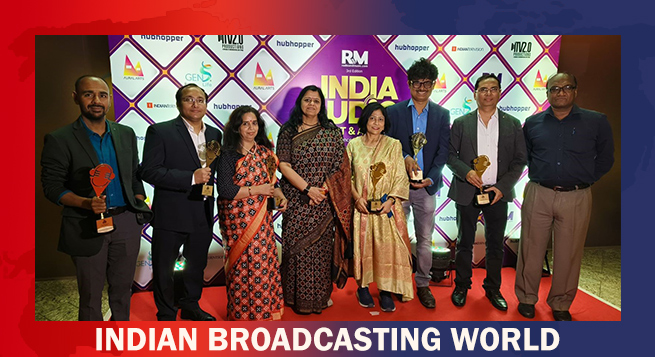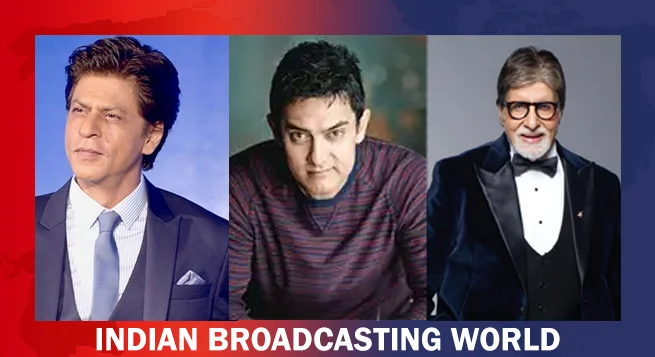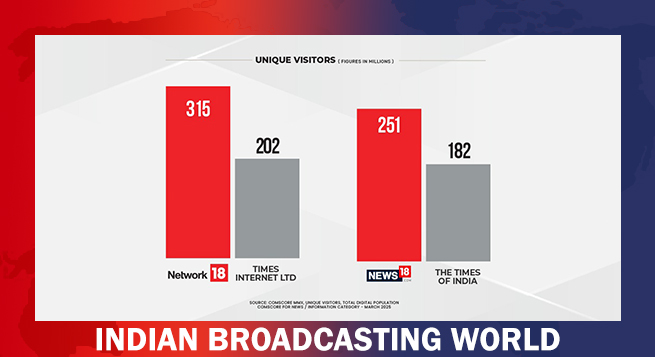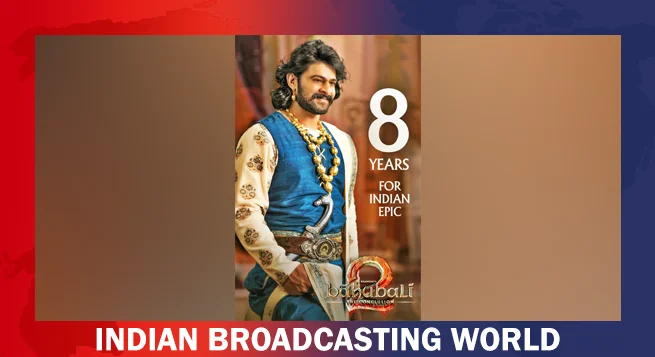The Broadcasting Content Complaint Council (BCCC) on Tuesday asked entertainment channels to exercise “extreme caution” while portraying the scheduled castes and scheduled tribes in television programmes to avoid hurting the sentiments of the members of the two communities.
The channels, while depicting the stories of the members of the scheduled caste (SC) and scheduled tribe (ST) communities, must ensure that the “nuance and humanness” of the stories are communicated “sensitively” and that the violence displayed does not lead to “re-traumatization” of the communities or victims, the council said in its advisory.
While portraying stories that are based solely on social evils such as untouchability and casteism, the entertainment channels should not engage in “victimization” of the people belonging to SC and ST communities, the self-regulatory body of non-news entertainment channels said, PTI reported from New Delhi.
It said it understands that many stories possess a moral or ethical dimension requiring portrayal of the “good” and the “evil”, including a depiction of characters doing “evil deeds”.
“However, while doing so, the channel must ensure that it doesn’t use language that is unlawful and which might hurt the sentiments of a particular community,” it added.
The BCCC asks channels to be “cautious and balanced” while depicting scenes about these communities as even an isolated episode scene taken out of context can cause unrest among these communities, the council said.
The channels should “exercise extreme caution to avoid hurting the sentiments of people belonging to the SC and ST communities”, it added.
The BCCC noted that crimes against SCs and STs are “rampant” in Indian society and range from physical to verbal and sexual assault.
“Furthermore, although untouchability has been abolished by the Indian Constitution, it is still widely practiced, leading to severe forms of discrimination against members of these communities,” the Council said, underlining that television is not only a reflection of society but it also constructs “social realities”.
“Thus, what must be borne in mind by content creators is that the kind of stories portrayed on television, as fiction or fact, shape societal thinking. They do so by setting ideals for human behavior across social situations while providing avenues to escape one’s reality,” the Council added.
 Avijit Dhar appointed VP-Marketing for Star Plus
Avijit Dhar appointed VP-Marketing for Star Plus  Akashvani bags 6 honours at India Audio Summit & Awards
Akashvani bags 6 honours at India Audio Summit & Awards  Govt tells media to desist from live coverage of defence ops
Govt tells media to desist from live coverage of defence ops  Jio Platforms net profit up 25.7% in Jan-Mar quarter
Jio Platforms net profit up 25.7% in Jan-Mar quarter  SRK, Aamir, Big B, Ted Sarandos, WPP CEO, MPA chief, other stars, to headline WAVES
SRK, Aamir, Big B, Ted Sarandos, WPP CEO, MPA chief, other stars, to headline WAVES  News18 overtakes TOI in digital leadership
News18 overtakes TOI in digital leadership  Make in India to get fresh impetus with direct-to-mobile technology
Make in India to get fresh impetus with direct-to-mobile technology  Thermocool partners with Ajay Devgn’s ‘RAID 2’ in advertising blitz
Thermocool partners with Ajay Devgn’s ‘RAID 2’ in advertising blitz  ‘Baahubali’ set for re-release in October
‘Baahubali’ set for re-release in October 









